Introduction to Carbon Assets
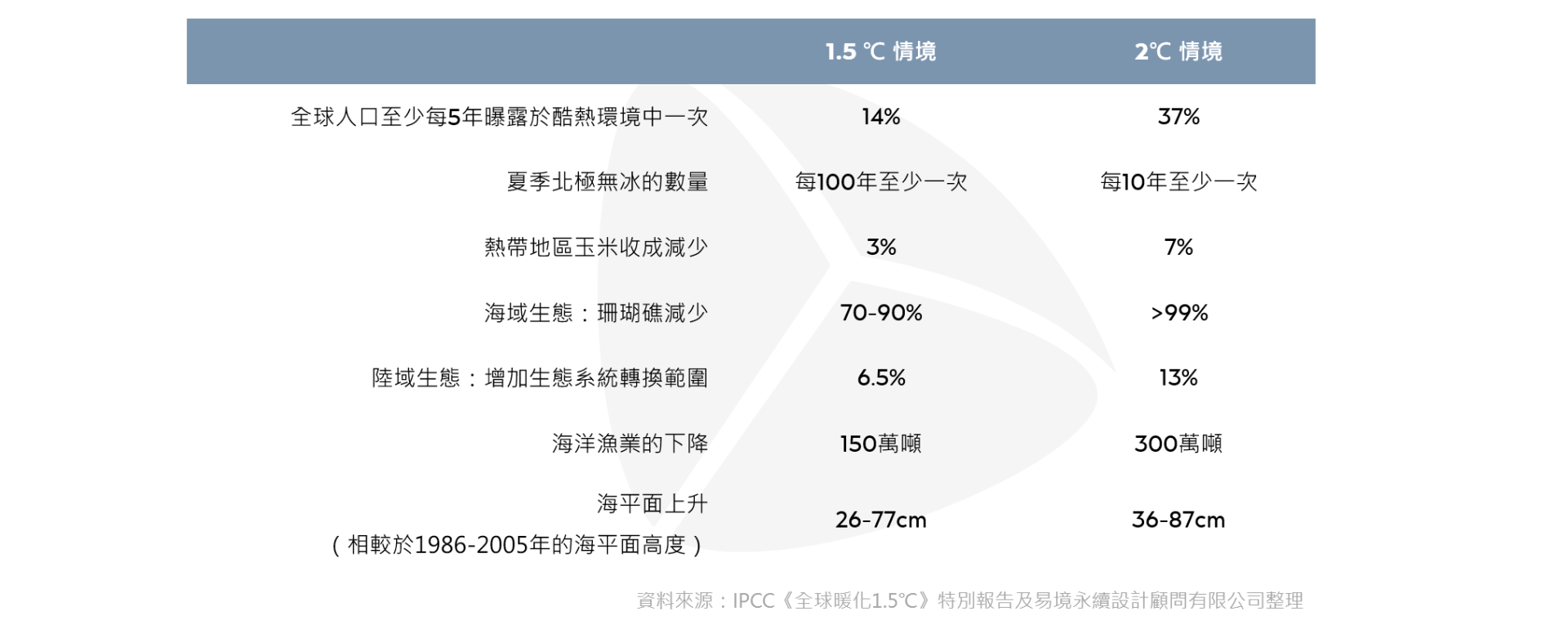
In order to avoid severe man-made disturbances to the global climate system, enable the ecosystem to adapt to climate change naturally, ensure food production is not threatened, and the economy continues to develop, the United Nations has taken the following major actions:
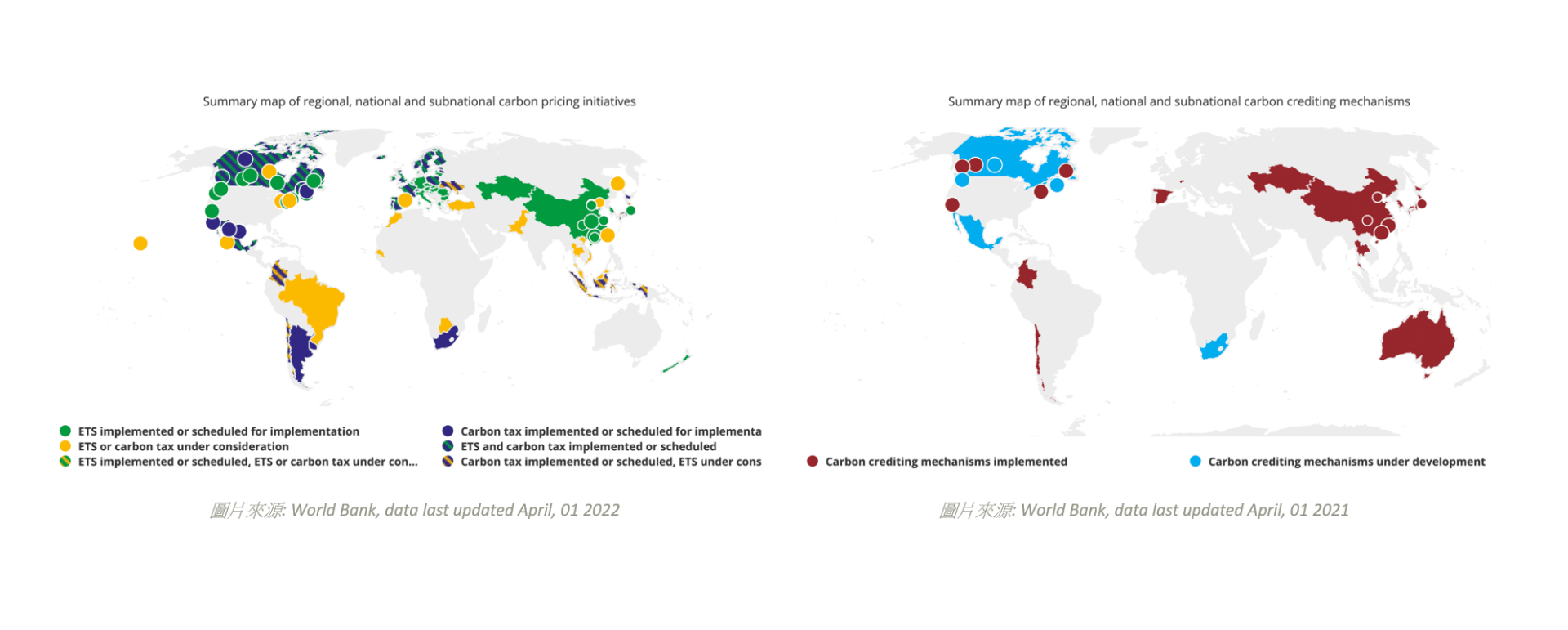
Carbon assets are converted into assets through management after pricing "carbon emissions (in a broad sense, greenhouse gases)".
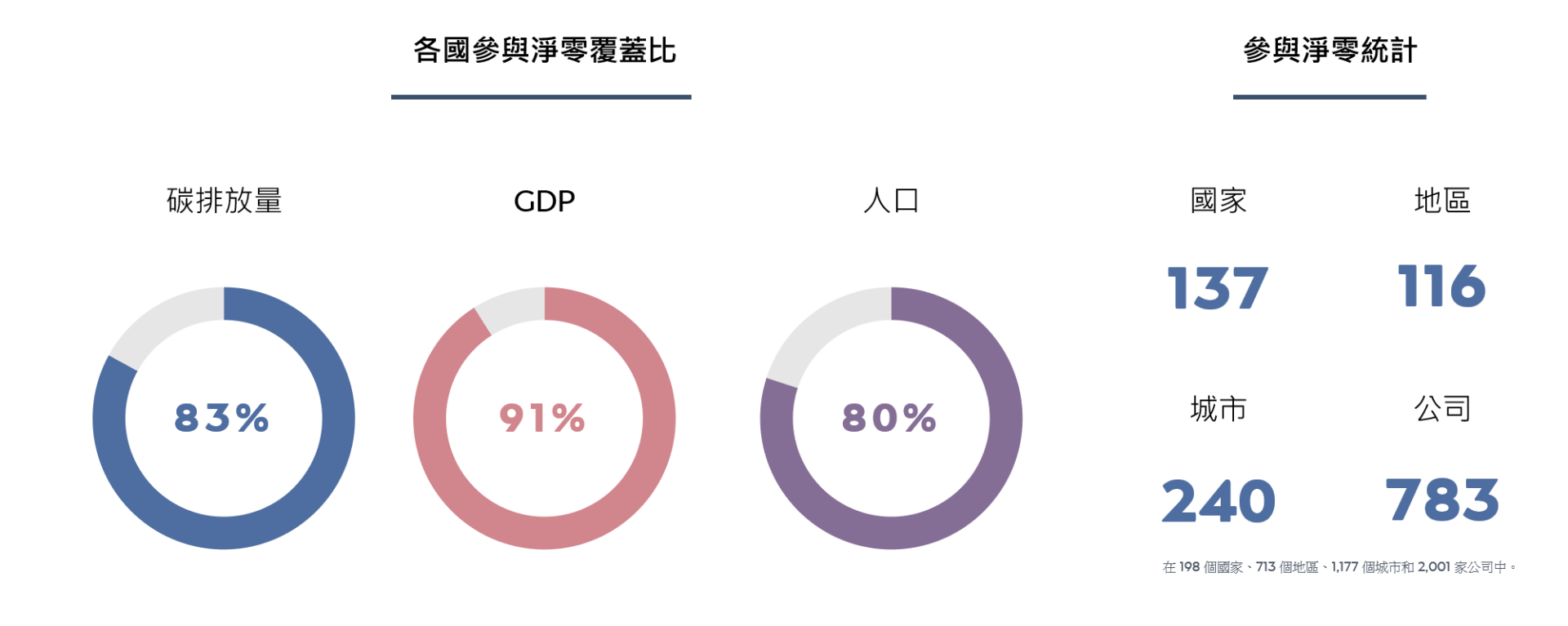
Net zero emissions do not mean no emissions, but efforts to minimize man-made greenhouse gas emissions, and then use negative carbon technologies, forest carbon sinks and other methods to offset them to achieve net zero emissions. According to Net Zero Tracker statistics, more than 130 countries around the world have declared net zero by 2050.
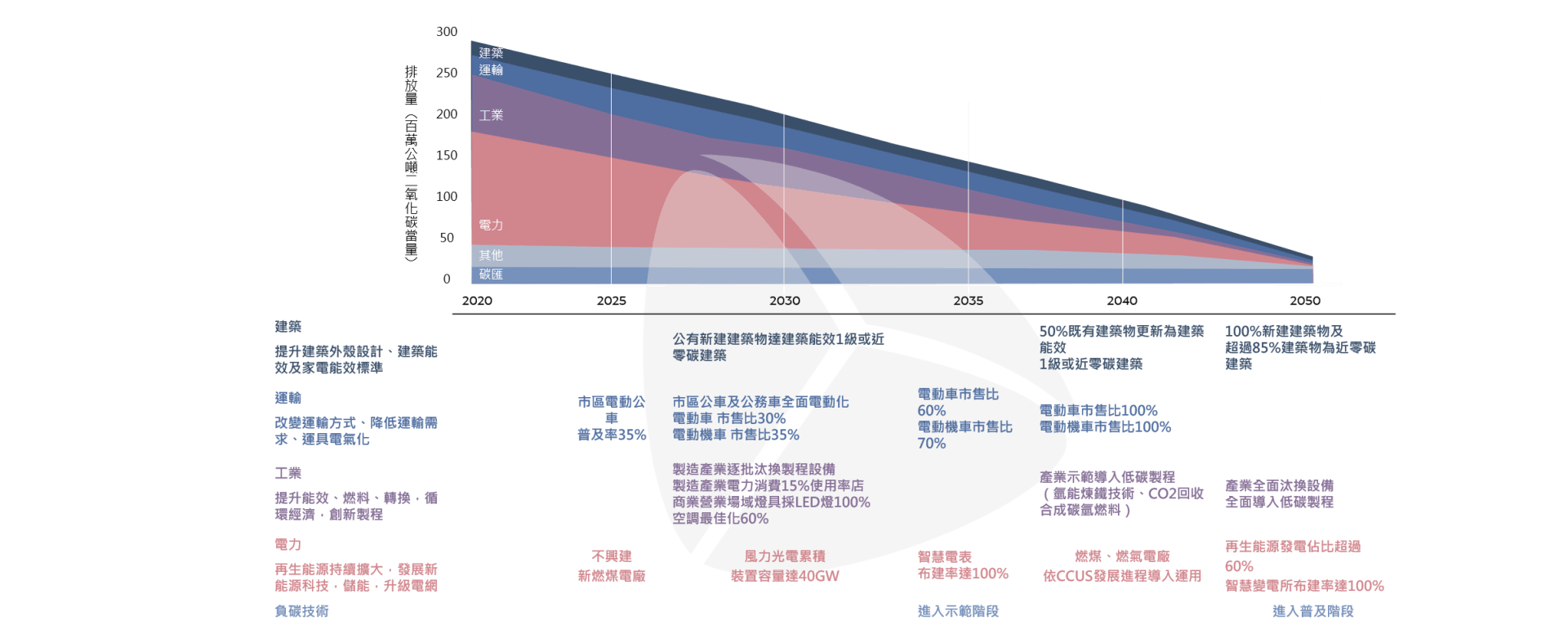
my country also announced the "2050 Net Zero Transformation" on Earth Day in 2021, and then the Executive Yuan coordinated the active deployment and evaluation of various ministries, and officially announced the "2050 Net Zero Emissions Policy Path Blueprint" on March 30, 2022. The world works together to fight climate change.
Brief introduction of Yijing service
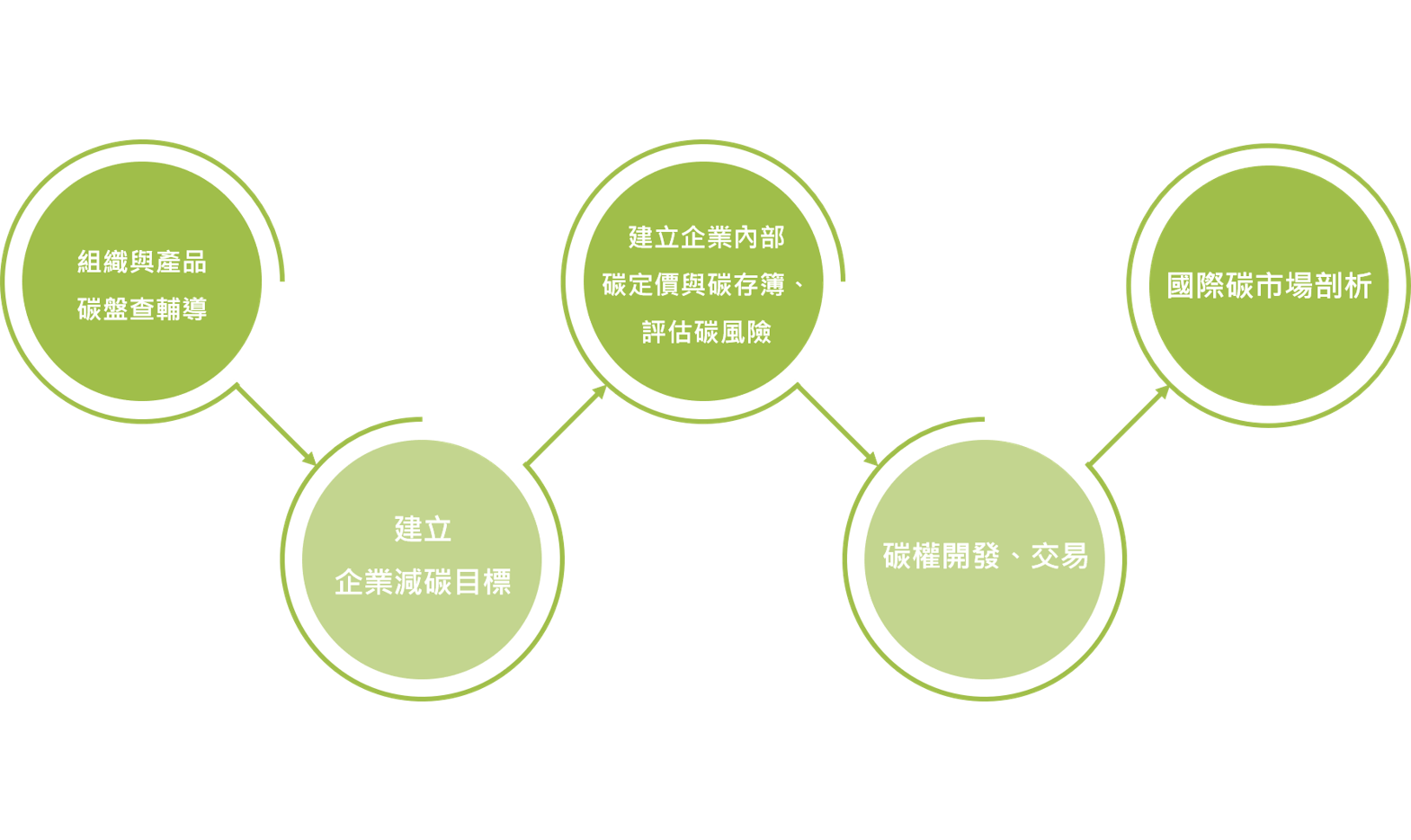
The carbon asset department of Yijing has rich experience in green building, healthy building, energy simulation, and ESG counseling, and then strengthens the in-depth net zero carbon counseling service to respond to the trust of customers for a long time. In view of the fact that enterprises are facing urgent carbon reduction pressure from the supply chain, the government, and carbon tariffs, our service focuses on assisting enterprises to quickly focus on the guidance of carbon reduction paths, starting with organizing carbon inventory and product carbon footprint, and then using SBTi science Benchmark creates tailor-made carbon reduction goals and paths for enterprises, actively develops the international carbon rights market and carbon reduction projects, and creates carbon-neutral activities and operations that enhance corporate culture with carbon rights investments that meet the United Nations sustainable development goals stronghold, sales center and other plans. On the confusing and difficult path of low-carbon transformation, Yijing keeps abreast of forward-looking carbon reduction and energy-saving technologies and the latest developments in domestic and foreign laws and regulations, introduces circular economy thinking, establishes a diverse, solid and practical carbon asset management system, and helps enterprises master the transformation business opportunities, and become a sustainable enterprise that truly achieves prosperity with the environment.
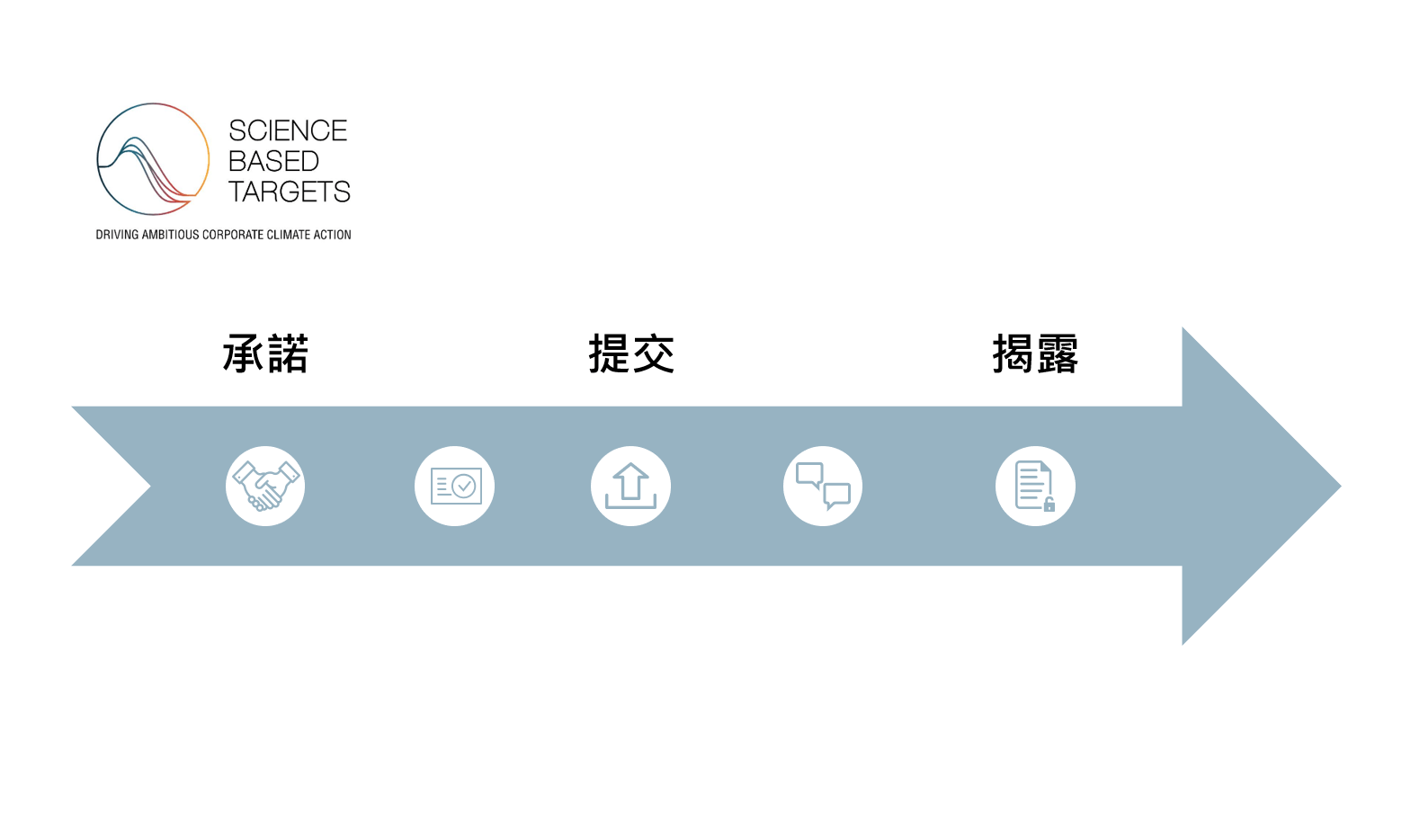
Using the latest climate science to match the organization's greenhouse gas emission reduction goals with the warming level stipulated in the "Paris Agreement", it is regarded as a science-based reduction goal initiative. Initiated by CDP, WRI, WWF and UN Global Compact, the SBTi Scientific Advisory Group consists of top scientists from international institutions such as the Intergovernmental Panel on Climate Change (IPCC), the International Institute for Applied Systems Analysis (IIASA) and the International Energy Agency (IEA), As well as leading academic institutions and national climate agencies.
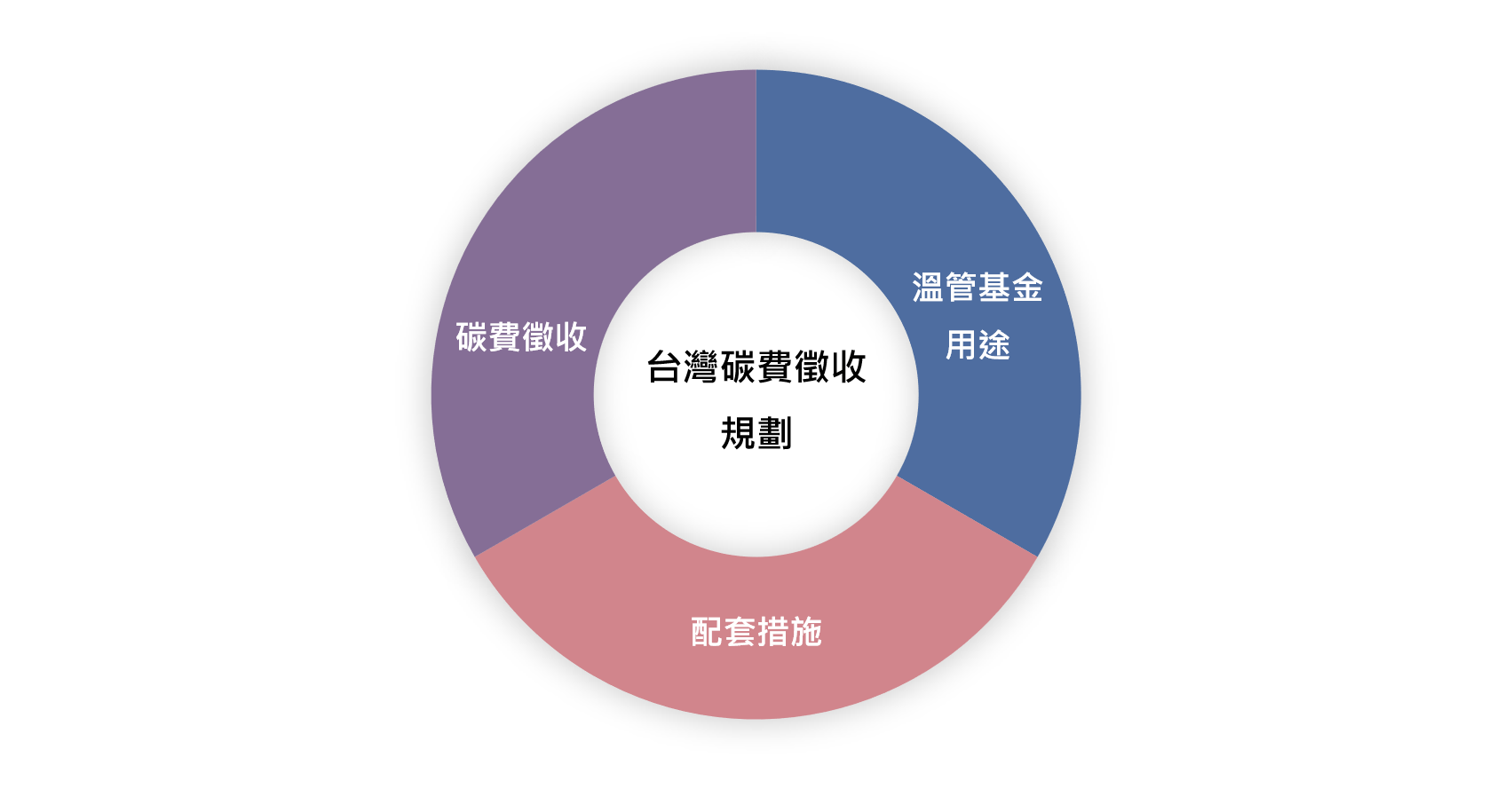
"Carbon right" simply means "the right to emit carbon", and is usually calculated in terms of the emission equivalent to one metric ton of CO₂. EJING assists companies in developing and implementing internationally certified carbon rights projects, and through exchange projects with the Environmental Protection Agency, to obtain domestically and internationally recognized carbon rights that meet the United Nations’ sustainable development goals, and assist regulated companies to reduce or exempt carbon fees and non-regulated companies The enterprise complies with the supply chain requirements or voluntarily commits to the environmental declaration.
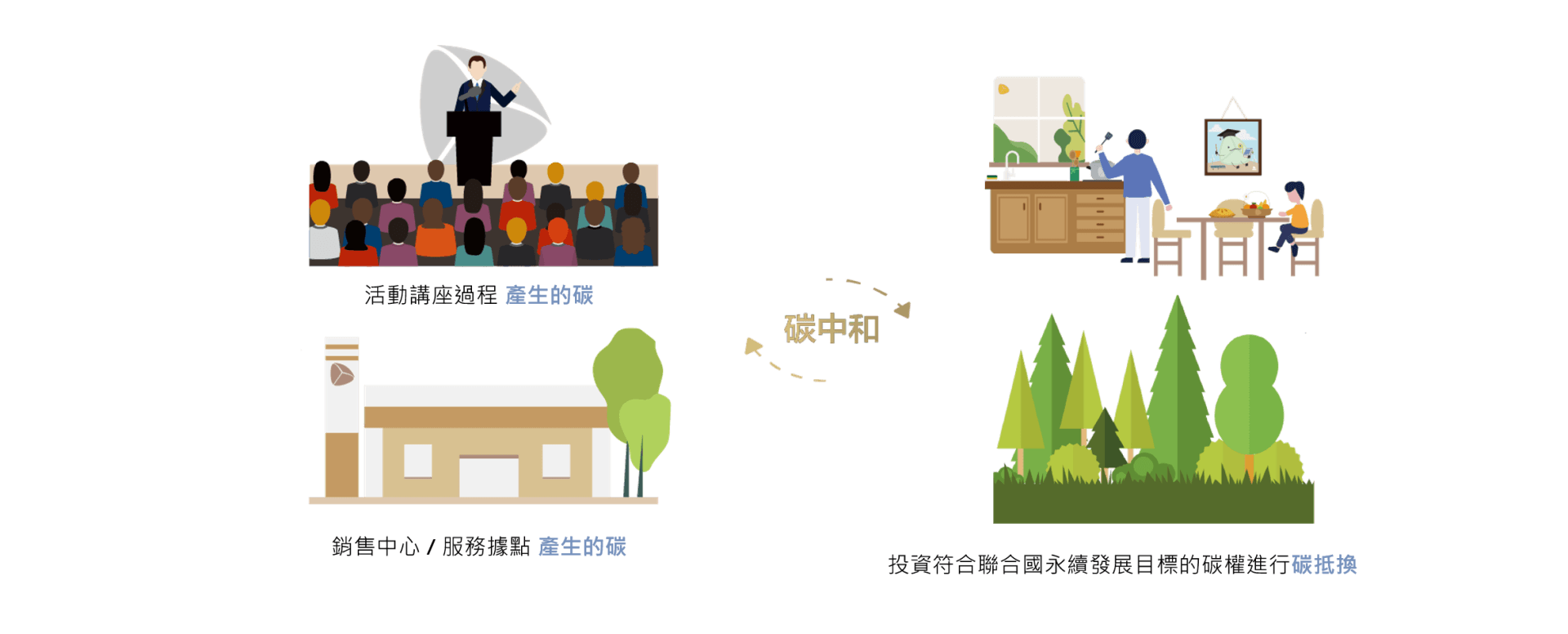
To achieve carbon neutrality with internationally recognized carbon offset service sites and carbon emissions from various activities that meet the United Nations sustainable development goals.
In response to climate change, Taiwan's "2050 Net Zero Emissions Policy Path Blueprint" expects that new publicly owned buildings will achieve building energy efficiency level 1 or near zero-carbon buildings in 2030, and 50% of existing buildings will be updated to building energy efficiency level 1 or 2040. Near-zero-carbon buildings. By 2050, the milestone of 100% of new buildings and more than 85% of existing buildings will be near-zero-carbon buildings.
contact information

Carbon asset liaison of Taiwan headquarters
Lisa Wu
✉ lisa.wu@greenjump.com.tw
☎ 02-23110135 #701



